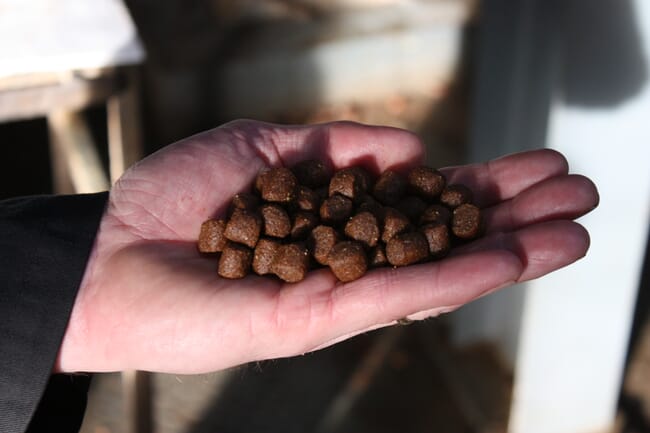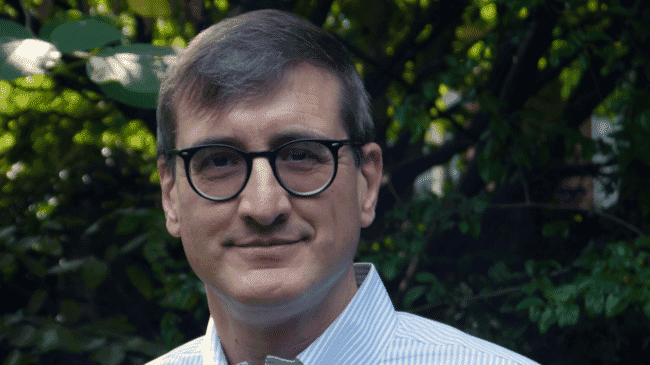The offering pairs Skretting’s extensive nutritional knowledge with sustainable, lower impact feed ingredients responsibly sourced from carefully selected suppliers
Knowing that positive climate actions make both environmental and economic sense, Skretting Italy has had its pioneering Carbon Footprint Systematic Approach certified according to ISO 14067:2018, the international standard that provides globally agreed principles, requirements and guidelines for the quantification and reporting of the carbon footprint of a product.

By having ISO 14067:2018 in place, Skretting Italy can now provide certified carbon footprint figures on any of the aquaculture feed products in its portfolio. This in turn gives aquaculture operations of all sizes a way to calculate the carbon footprint of their products and a better understanding of ways in which these can be reduced.
Skretting Italy is the first aquafeed producer to achieve this status, with the certification (conducted by DNV) covering the entire production process – from raw material procurement, through formulation, and to final product despatch through its factory gates.
“We have entered a critical phase of climate recovery. Through carbon neutrality, fish farmers in Italy and beyond have the opportunity become part of the solution as climate leaders. They can accelerate progress by making these bold but essential commitments to our planet’s health and well-being, while at the same time establishing a platform that will enable them to increase revenues, reduce costs and risks, and engage many more consumers,” says Umberto Luzzana, Marketing Manager at Skretting Italy.
Certification of the Carbon Footprint Systematic Approach is the latest significant step in Skretting Italy’s CarbonBalance set of supportive services for fish farmers and its carbon neutral feed concept Feed4Future, launched in 2020. This first-to-market offering has paired Skretting’s extensive knowledge of the nutritional requirements of aquaculture species with sustainable, lower impact feed ingredients responsibly sourced from carefully selected suppliers.

In utilising Skretting’s groundbreaking MicroBalance technology and incorporating innovative raw materials and high-quality by-products sourced from the food industry that don’t compete with human consumption, Feed4Future diets have a 10 percent lower carbon footprint that standard diets, with the remaining CO2 emissions compensated for by carbon credits. The concept has dramatically increased the flexibility of Skretting feed formulations. Additionally, the CarbonBalance suite of services – available to all users of Feed4Future solutions – incorporates marketing support to help users build and share their carbon neutrality stories.
“The expansion of our carbon neutral programme further demonstrates our commitment to empower our customers so that aquaculture can do more about its environmental footprint. Food supply chains are seeing consumers looking for clear, transparent and credible statements of climate action by businesses. Similarly, industry standards are increasingly focusing on carbon footprints and seeking robust data from value chains. This is an opportunity for our industry to shine – producing healthy products whilst also meeting the public’s environmental expectations,” says Luzzana.
“Providing the means through which carbon footprints can be properly determined and subsequently reduced whilst also improving cost-efficiencies is another important step towards our global ambition of being a lead partner to a sustainable aquaculture industry,” Trygve Berg Lea, Skretting’s Global Sustainability Manger, commented.




